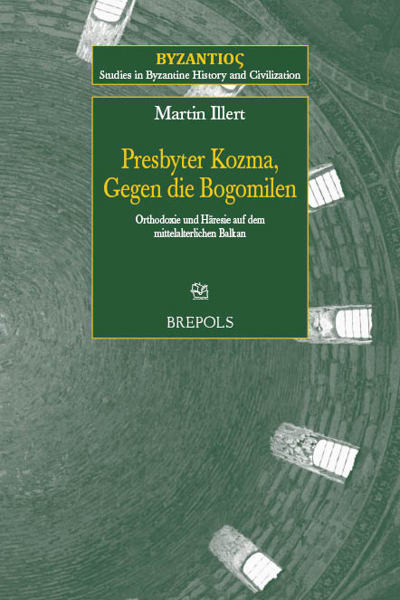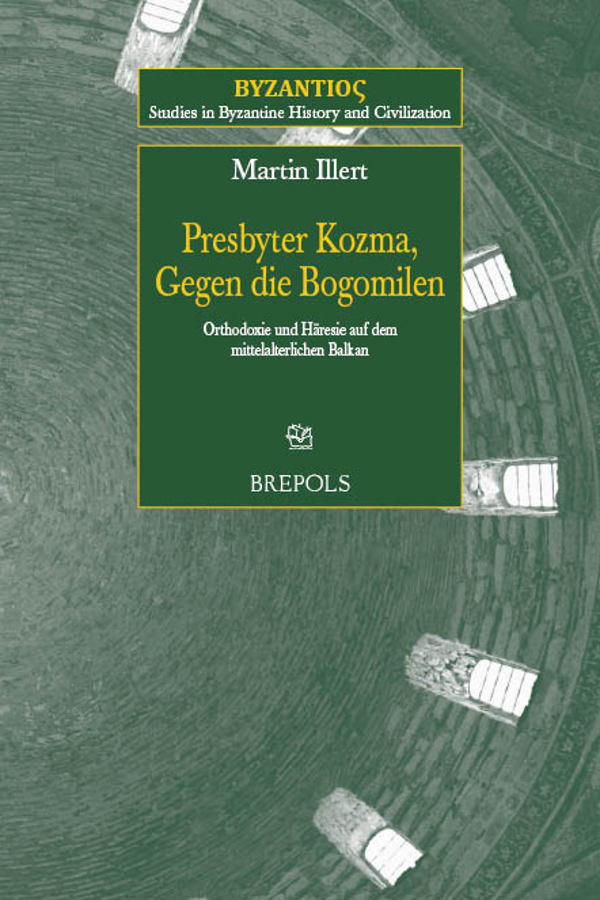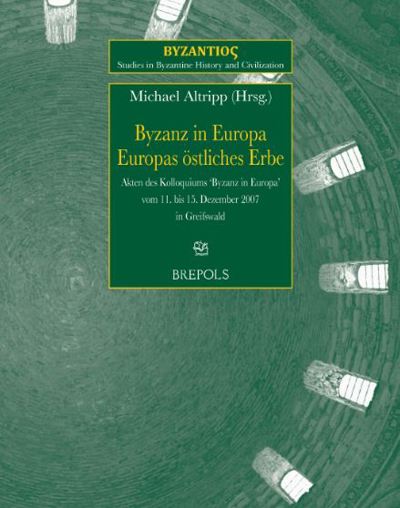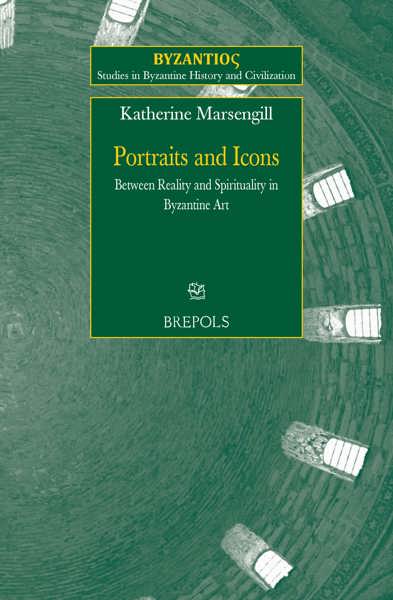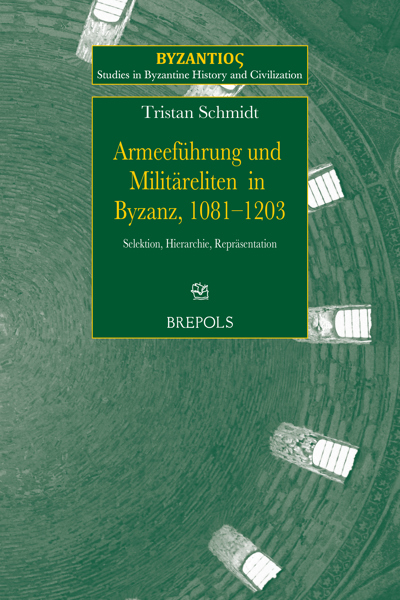
Cosmas Presbyter
Presbyter Kozma, Gegen die Bogomilen
Orthodoxie und Häresie auf dem mittelalterlichen Balkan
Martin Illert
- Pages: 155 p.
- Size:156 x 234 mm
- Language(s):German, English
- Publication Year:2021
- € 45,00 EXCL. VAT RETAIL PRICE
- ISBN: 978-2-503-59625-9
- Paperback
- Available
- € 45,00 EXCL. VAT RETAIL PRICE
- ISBN: 978-2-503-59626-6
- E-book
- Available
Cosmas' homily is one of the most important sources on Christian dualism in the Christian East and an intriguing theological text.
« En conclusion, le présent ouvrage de Martin Illert est une contribution éminemment importante non seulement pour l’étude des mouvements hétérodoxes du Moyen Âge, mais aussi pour l’histoire de la littérature slave. » (Alexey Morozov, dans : Apocrypha 33, 2022, p. 341-342)
"Illert provides new directions for research on both the Beseda and Bogomilism" (Hisatsugu Kusabu, in The Byzantine Review, 07/2025, p. 240)
Martin Illert (°1967) is Adjunct Professor for Eastern Christian Studies at Martin-Luther-Universität Halle-Wittenberg.
The Homily of the Unworthy Priest Cosmas Against the Newly-Appeared Heresy of Bogomil (10th century) is a key source for the religious history of the Balkan peninsula. It is one of the earliest and richest sources for the rise of the dualistic religious movement of Bogomilism in the early Middle Ages. Written in a period of war and crisis of the Bulgarian Empire Cosmas sermon is also an important work of Eastern Christian Theology, calling for a thorough reform of clergy and monasticism.
During the subsequent centuries Cosmas' work was copied and excerpted by Bulgarian, Serbian and Russian churchmen who were seeking inspiration in their struggle for ecclesial reform and against religious dissent of various heretical movements. In the processes of national identity construction on the Balkans during the nineteenth and twentieth centuries Cosmas' Homily again played a remarkable role.
The present study provides the first complete translation into a western language of Begunov's 1973 critical edition. The German translation is accompanied by an introduction and a commentary.
Kozmas Predigt zählt zu den bedeutendsten Quellen zum christlichen Dualismus in der Ostkirche und ist ein faszinierender theologischer Text.
Die „Rede des unwürdigen Priesters Kozma gegen die neuerschienene Häresie Bogomils“ (10. Jh.) ist ein Schlüsseldokument zur Religionsgeschichte des Balkans und eine der frühesten und gehaltvollsten Quellen zur Entstehung der dualistischen religiösen Bewegung der Bogomilen im Frühmittelalter. Zugleich ist Kozmas Predigt, die in einer Zeit des Krieges und der staatlichen Krise im bulgarischen Reich verfasst wurde, ein bedeutendes Werk ostkirchlicher Theologie, das auf eine gründliche Reform des Klerus und des Mönchtums abzielt.
In den nachfolgenden Jahrhunderten kopierten und exzerpierten bulgarische, serbische und russische Kirchenleute das Werk des Kozma auf der Suche nach Inspiration in ihrem Kampf um Kirchenreform und gegen unterschiedliche häretische Bewegungen. In den Prozessen nationaler Identitätskonstruktionen der Balkanländer während des 19. und 20. Jahrhunderts spielte Kozmas Text erneut eine beachtenswerte Rolle.
Die vorliegende Arbeit bietet die erste vollständige Übersetzung der kritischen Ausgabe Begunovs von 1973 in eine westliche Sprache. Eine Einleitung und ein Kommentar begleiten die Übersetzung.
Martin Illert (1967) ist außerplanmäßiger Professor für Ostkirchenkunde an der Martin-Luther-Universität Halle-Wittenberg.
Abkürzungen
Einleitung
Überlieferung, Ausgaben und Vorgehen
Aufbau und literarische Gattung
Historische Kontexte
Kozma als Schriftsteller
Biblische, kirchenrechtliche und homiletische Quellen
Kozmas „Beseda“ im Kontext der byzantinischen Häresiologie
Die „Beseda“ als sozialgeschichtliche Quelle
Kozmas Pneumatologie als Schlüssel zum Verständnis der „Beseda“
Quellen und Sekundärliteratur
Rede des unwürdigen Priesters Kozma gegen die neu erschienene Häresie Bogumils
Index
Bibelstellen
Personen, biblische, antike und mittelalterliche
Personen, neuzeitliche
Begriffe und Sachen
